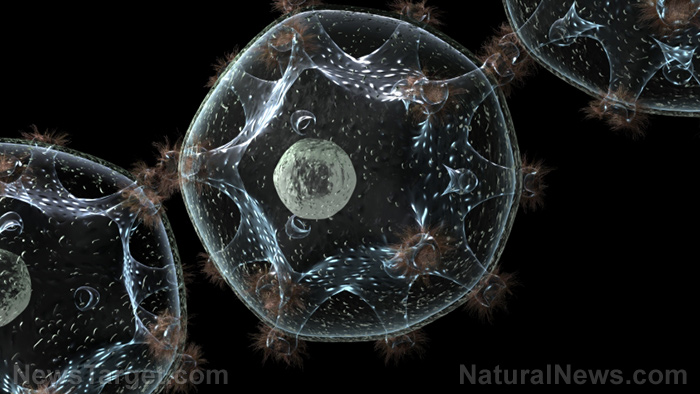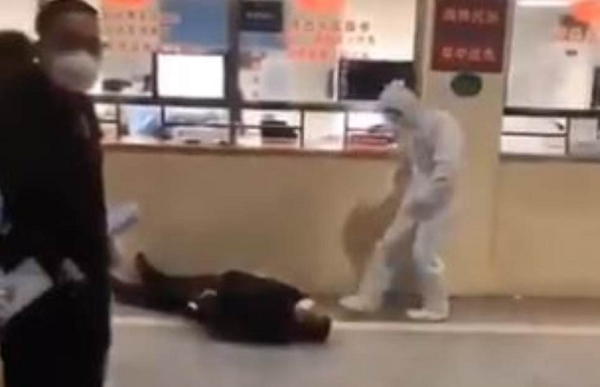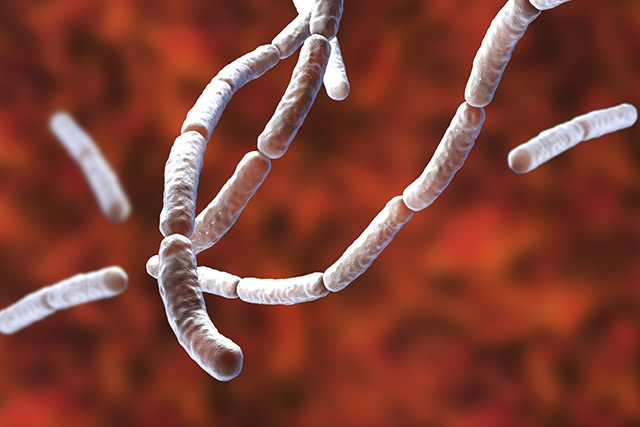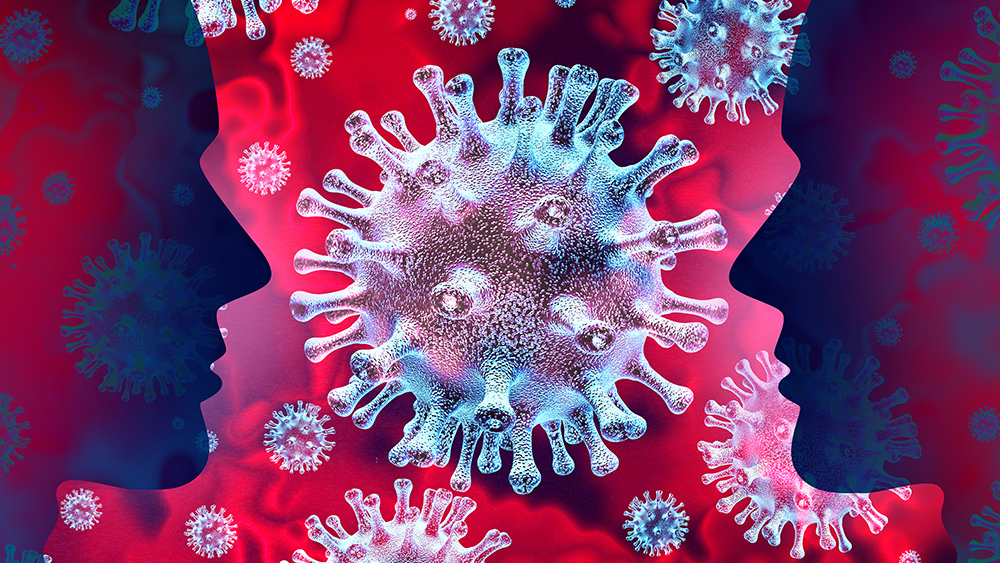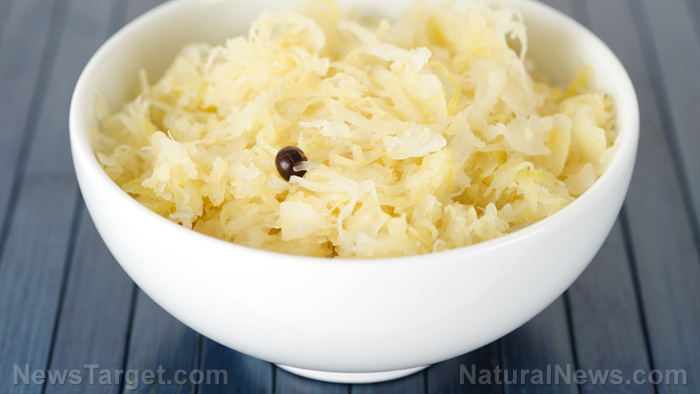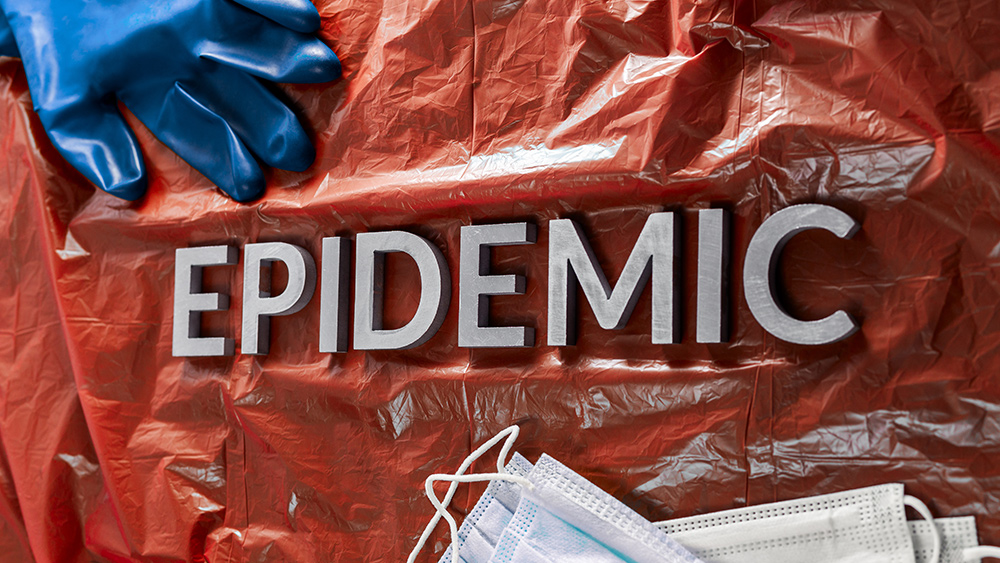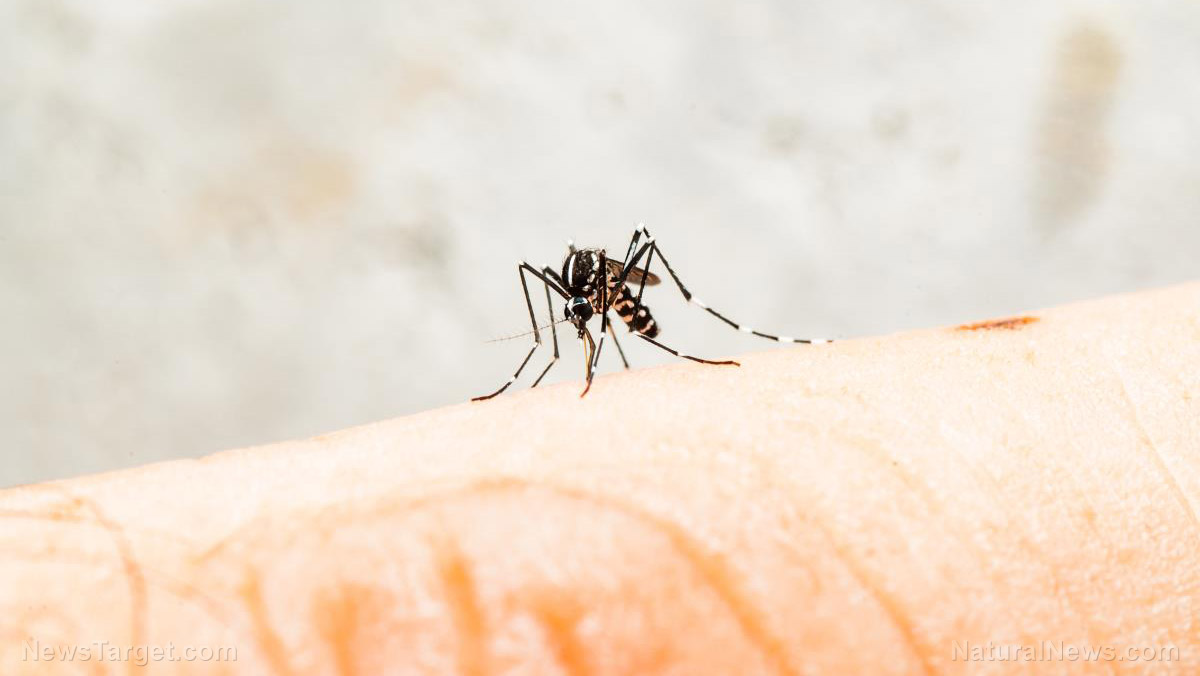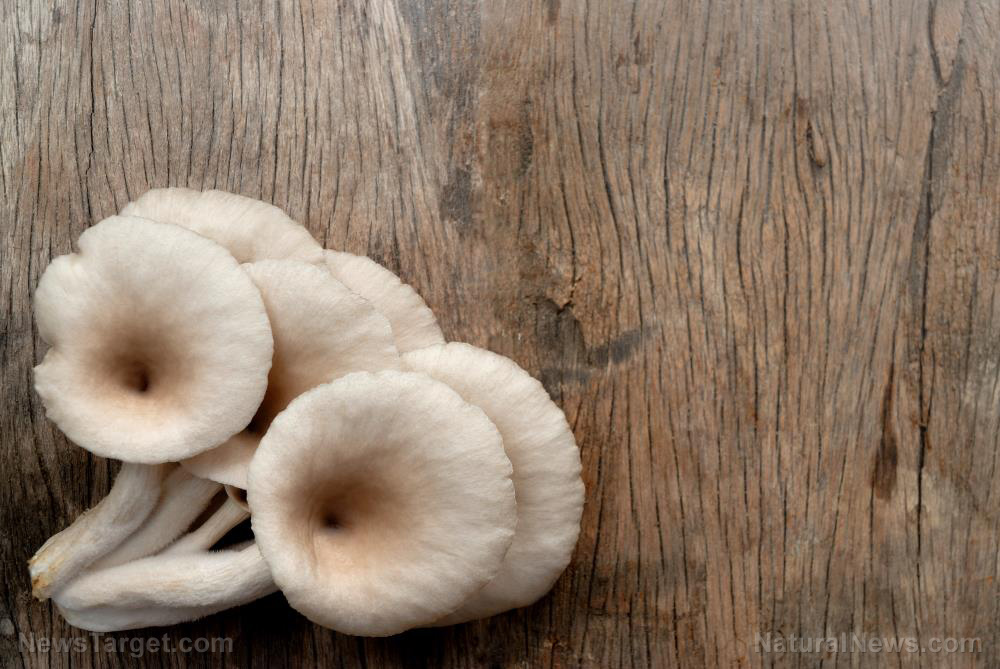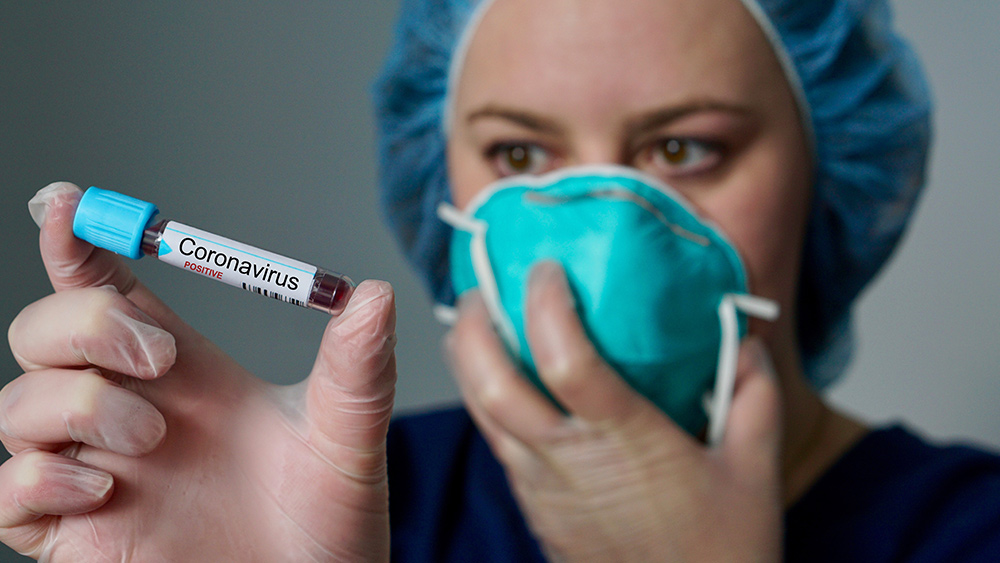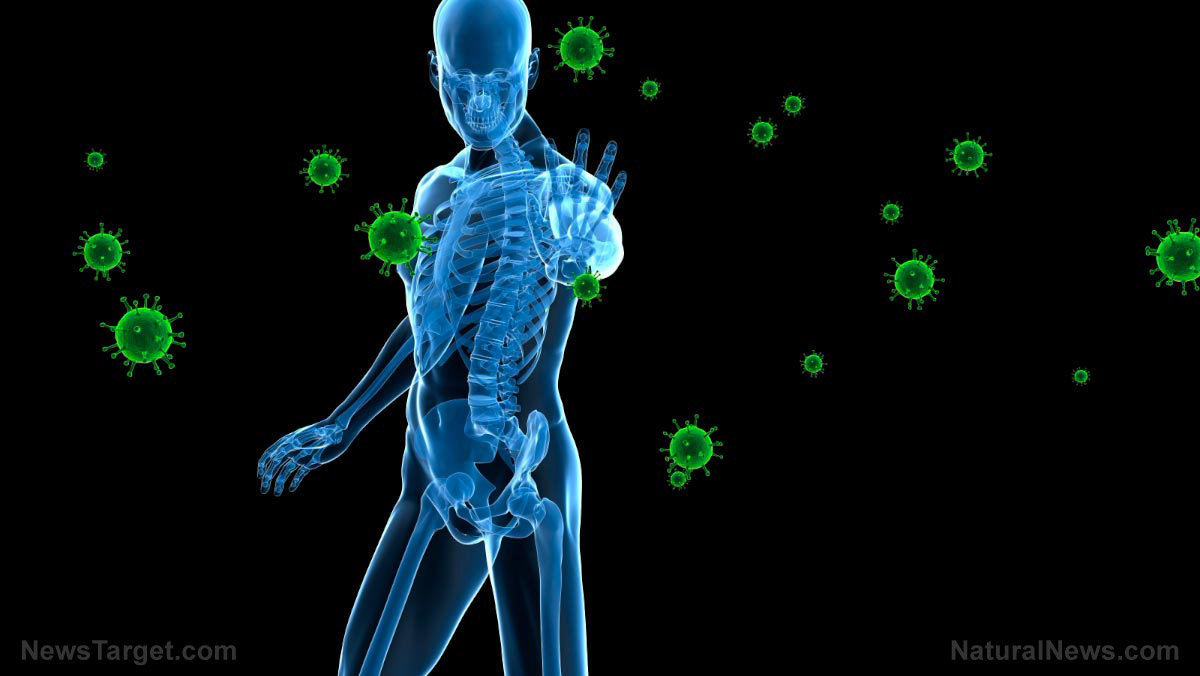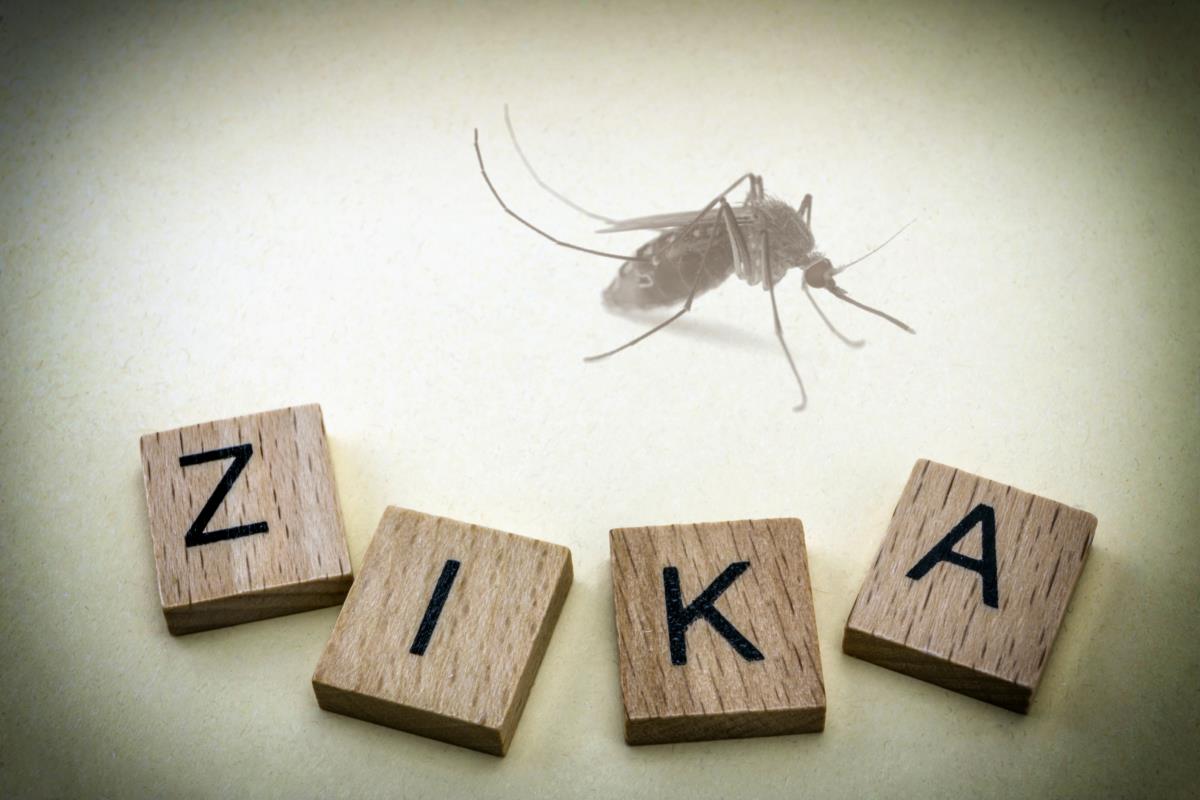Scientists link chronic inflammation to low motivation and reduced dopamine levels
01/24/2020 / By Darnel Fernandez

People often experience days where they lack the motivation to get up and go to wherever they need to be. While this mopey, listless feeling can strike at any moment, those with chronic, low-grade inflammation are more likely to experience the sudden onset of the blues.
A study published in the journal Trends in Cognitive Sciences revealed that chronic, low-grade inflammation affects the brain’s dopamine system, which is responsible for motivation. In their paper, researchers from Emory University presented the association between dopamine, motivation and the inflammatory response as part of the healing process, developing a theoretical framework derived from a computational method to test their theories.
“When your body is fighting an infection or healing a wound, your brain needs a mechanism to recalibrate your motivation to do other things so you don’t use up too much of your energy,” says corresponding author Michael Treadway in a statement. “We now have strong evidence suggesting that the immune system disrupts the dopamine system to help the brain perform this recalibration.”
The association between motivation and inflammation
In their study, the researchers hypothesized that the body needs more energy to heal a wound or overcome an infection. To ensure that there is enough energy available for the healing process, the brain uses an adaptive technique to disrupt the dopamine pathways, which, in turn, reduces overall dopamine release.
The computational technique published allowed researchers to accurately measure the effects of chronic, low-grade inflammation on the amount of energy available, as well as the decision to do something based on effort. In addition, this method could bring about additional insights into how this inflammation contributes to motivational impairments in depression, schizophrenia, and other disorders. (Related: Chronic inflammation 101 – Everything you need to know and how to eliminate it. )
“If our theory is correct, then it could have a tremendous impact on treating cases of depression and other behavioral disorders that may be driven by inflammation,” said co-author Andrew Miller. “It would open up opportunities for the development of therapies that target energy utilization by immune cells, which would be something completely new in our field.”
Further studies on inflammation and its psychological repercussions
Scientists have already established that immune cells release signaling molecules. These molecules, called cytokines, affect the function of neurons responsible for releasing dopamine in the area of the brain called the mesolimbic system. This area is responsible for enhancing the willingness to work harder for the sake of a reward.
In fact, a different study, published in the journal Adaptive Human Behavior and Physiology, looked into the relationship between the levels of proinflammatory cytokines and present-focused decision making. The finding suggests that factors that promote inflammation also play a role in impulsivity within individuals.
Led by Jeffrey Gassen, a doctoral candidate at Texas Christian University, the researchers examined whether an increase in salivary levels of proinflammatory cytokines could predict temporal discounting – a key component of present-focus decision making. The team posited that the immune system played an important role in calibrating a person’s behavior.
The researchers invited 161 undergraduates who were experimentally-induced to have higher levels of proinflammatory cytokines by exposing them to sexually arousing photos, threatening images and pictures that showed disease. After being exposed to the photos, the researchers asked the participants to complete a 30-question survey to measure delay discounting.
From the results, the researchers found that higher levels of cytokines predicted a much greater temporal discounting. They noticed that those who had higher levels of inflammatory markers would choose smaller and immediate rewards rather than larger and later rewards. These findings suggest that these cytokines play a mechanistic role in the desire for immediately-available rewards.
Taken together, these studies show advances in the general understanding of the psychological repercussions of chronic, low-grade inflammation. However, the researchers from both studies call for further research to understand these phenomena fully.
Visit MindBodyScience.news to learn more about this and similar topics, and to browse through similar stories.
Sources include:
Tagged Under: brain health, cognitive health, cytokines, decision making, dopamine, healing, impulsivity, inflammation, mental health, mind body science, motivation, motivational impairments, psychological repercussions, research
RECENT NEWS & ARTICLES
ImmuneSystem.News is a fact-based public education website published by Immune System News Features, LLC.
All content copyright © 2018 by Immune System News Features, LLC.
Contact Us with Tips or Corrections
All trademarks, registered trademarks and servicemarks mentioned on this site are the property of their respective owners.


